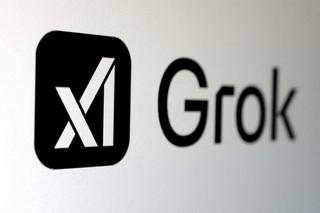Nigerians imported fewer passenger cars in 2024 as rising inflation and naira depreciation made foreign exchange more expensive, increasing vehicle costs.
According to the National Bureau of Statistics, the total value of passenger car imports fell by 14.3% to N1.26 trillion in 2024, down from N1.47 trillion in 2023.
The drop in car imports came after a sharp surge in 2023, when vehicle importation more than doubled from 2022.
However, in 2024, tough economic conditions forced businesses and consumers to reduce non-essential spending, with imported cars among the hardest hit.
Nigeria’s passenger car imports have fluctuated over the past five years. In 2020, imports were valued at N546.79 billion, rising to N695.40 billion in 2021.
Imports dipped slightly to N655.69 billion in 2022 before surging by 124.7% to N1.47 trillion in 2023. The decline to N1.26 trillion in 2024 reversed the previous year’s spike, highlighting the impact of worsening economic conditions.
A key factor in the decline was surging inflation, which eroded consumers’ purchasing power and made high-value goods like vehicles less affordable.
Nigeria’s inflation rate reached a nearly three-decade high in 2024, hitting 34.8% in December, up from 34.6% in November. The average headline inflation for the year stood at 33.2%, compared to 24.7% in 2023. Rising consumer prices forced many Nigerians to prioritize essential expenses, pushing big-ticket items like cars to the background.
As brand-new and imported used vehicles became increasingly expensive, many prospective buyers either delayed purchases or turned to second-hand options.
The World Bank ranked the naira among Sub-Saharan Africa’s worst-performing currencies in 2024. Its depreciation was driven by surging demand for U.S. dollars in the parallel market, limited dollar inflows, and delays in foreign exchange disbursements by Nigeria’s central bank.
The report also noted that financial institutions, non-financial end-users, and money managers further fueled demand, adding pressure on the naira.
The sharp depreciation occurred despite the CBN’s implementation of various foreign exchange policies designed to improve market transparency and attract foreign investors.











